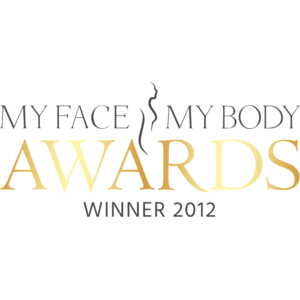Lifestyle Tips to Help Cope With the Menopause
The menopause is caused by the natural fall in oestrogen levels when women hit middle age (usually between our 40s and 50s). Symptoms are highly individual but can range from anxiety and depression to joint/muscle stiffness and, everyone’s favourite, hot flushes. On top of this symptoms can last for anywhere up to 4 years or longer – as if we didn’t have enough to worry about as women!
Although there are some treatments available to help correct these hormonal imbalances (see our treatment page on Bio-Identical Hormone Replacement therapy) are there any simple lifestyle changes we can make to improve our health and wellbeing?
As everyone’s different it’s worth trying out a few things to see what works for you. Many women have had success with the following tips:
- Eat regular meals to combat tiredness and reduce cravings for less nutritious choices.
- Cut down on coffee, alcohol and spicy foods, as these can trigger hot flushes.
- Try eating more foods that contain isoflavones, such as soybeans and soya products, that might reduce symptoms like vaginal dryness and hot flushes.
- Exercise regularly! To build muscle strength and improve energy levels.
- Have a variety of fruits and vegetables to make sure you’re getting enough vitamins and minerals which can ease some menopausal symptoms.
- Smoking is bad for aggravating symptoms and it’s widely known that cutting down can benefit our long-term health.
Since the associated changes in our bodies during the menopause can increase our risk of heart disease and thinning of the bones (osteoporosis) there are also small lifestyle changes we can make to reduce our risk of long term health problems.
- It can’t be said enough but being active has so many benefits – find what works for your body and your lifestyle. Even taking a walk in the park after lunch or trying out a new class like Qui Gong can help improve our stamina, strength and flexibility.
- Try to make sure you’re getting enough calcium in your diet to help maintain bone strength. Yogurt, leafy green veg, sesame seeds and dried figs are all good sources, so mix it up!
- Vitamin D is also vital for bone health. Although we can make it in our bodies when our skin is exposed to sunlight, when we are wearing SPF (hopefully most of the time!) and during winter months a supplement (10µg/day) might be advised, as dietary sources are limited.
- Replace some saturated fat in your diet (like butter) with unsaturated fats (like vegetable oils) and make sure to have oily fish once a week if possible.
- Make sure to check food labels for lots of added salt as too much can increase our blood pressure to dangerous levels.
- Now no-one is saying “chuck out all your gin!” but drinking in moderation and maybe even trying out some of the new alcohol-free spirits on the market might be worth a go!
As well as making some small changes in ways which we enjoy it’s also important to make sure we’re not stressing ourselves out too much worrying about our health. Stress in itself can aggravate most menopausal symptoms and won’t do anything for our mental wellbeing. So, make sure to take some time out to be kind to your body and importantly make sure you’re well rested!










